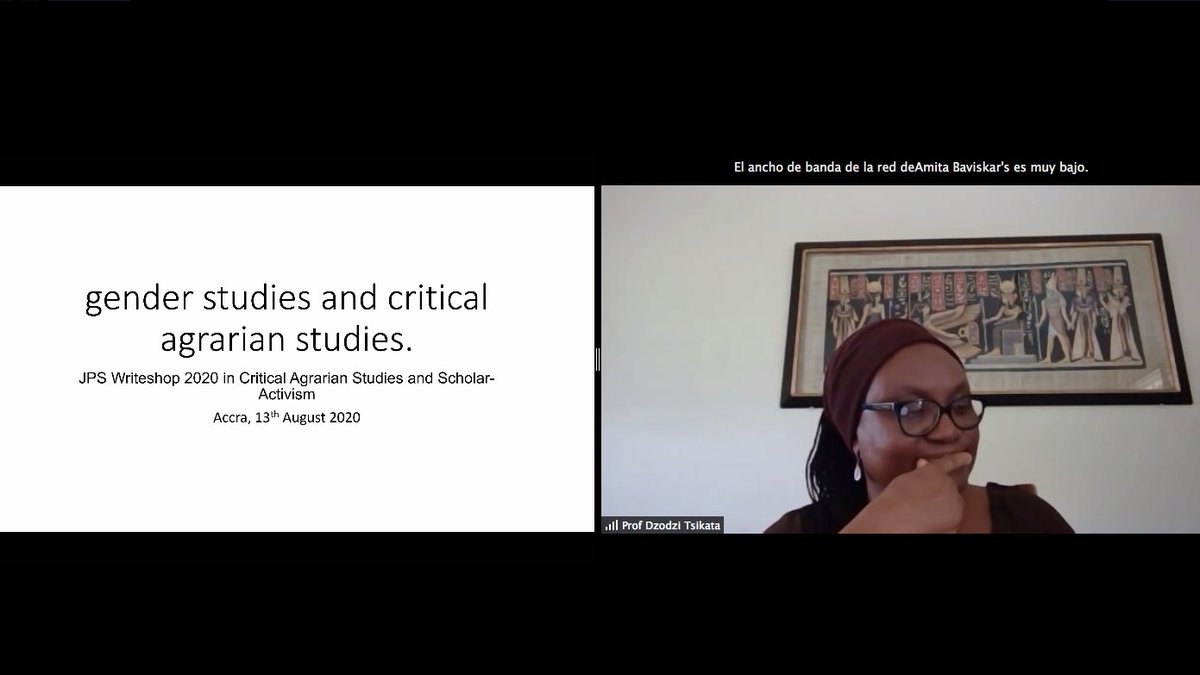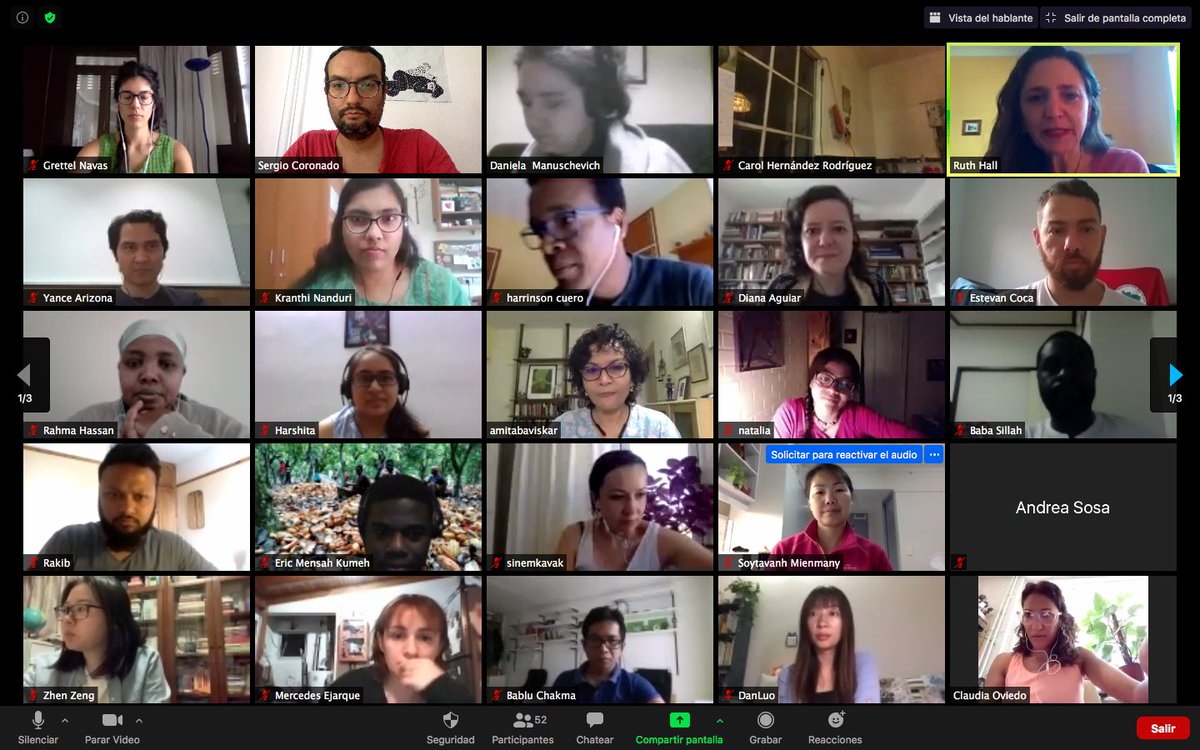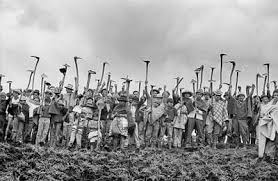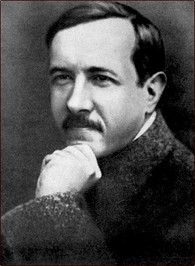
How to get URL link on X (Twitter) App


 #CriticalAgrarianStudies has a lot in common with #GenderStudies:
#CriticalAgrarianStudies has a lot in common with #GenderStudies: 
 Amita Baviskar from .@IEGResearch will guide us through the ways in which Political Ecology speaks and challenge Agrarian Studies and what this brings to this conversation, regardless of the disciplinary fields!
Amita Baviskar from .@IEGResearch will guide us through the ways in which Political Ecology speaks and challenge Agrarian Studies and what this brings to this conversation, regardless of the disciplinary fields!

 E.P. Thompson originally formulated the idea of a moral economy by bringing the notion of perception of injustice derived from material deprivations.
E.P. Thompson originally formulated the idea of a moral economy by bringing the notion of perception of injustice derived from material deprivations. 